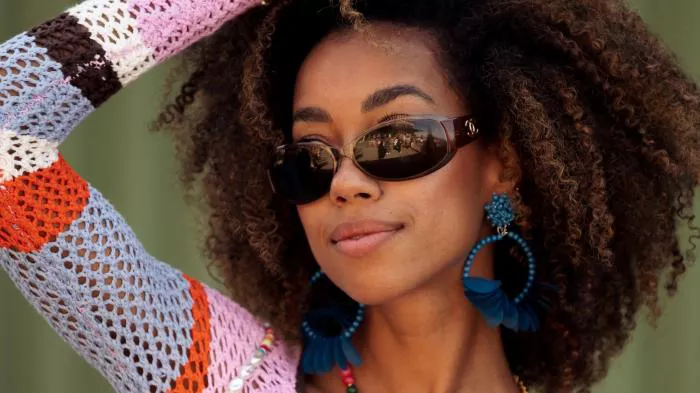A coalition of celebrities and advocates is urging the UK government to amend the 2010 Equality Act to include Black hairstyles, aiming to shield individuals from hair-based discrimination.
In anticipation of the eighth annual World Afro Day on September 15, more than 100 supporters have signed an open letter calling on the UK to become the first Western country to legally protect people from discrimination based on their hair. This campaign seeks to expand the scope of existing anti-discrimination laws by formally recognizing Afro and textured hairstyles, such as coiled, curly, and wavy hair, as protected characteristics.
The push to amend the Equality Act is inspired by similar legislation in the United States, where 27 states have passed laws prohibiting hair-based discrimination. These laws, initially introduced as the Crown Act in California in 2019, not only ban discrimination based on hairstyles but also mandate cosmetology schools to teach a curriculum on managing textured hair.
The open letter, championed by the nonprofit World Afro Day, is specifically calling for the 2010 Equality Act to be revised. As it stands, the law protects individuals from discrimination based on race, sex, and disability but does not explicitly address natural Black hairstyles. The proposed reform would ensure that naturally curly or coiled hair is safeguarded under the law.
Prominent figures such as singer Beverley Knight, activist Patrick Hutchinson, Labour MP Paulette Hamilton, and Spice Girls member Mel B have lent their support to the campaign. Mel B shared her personal experience with hair discrimination on Instagram, stating, “I’m proud to support World Afro Day in its call for the Equality Act to protect against Afro hair discrimination in the UK.”
The history of hair-based discrimination against the Black community is deeply rooted, with its origins traced back to the era of the transatlantic slave trade. Today, many Black Britons continue to experience such bias, especially in workplaces and educational institutions. World Afro Day points to research indicating that 98% of Black Britons feel pressured to modify their appearance, speech, and hairstyles to fit into professional environments. Additionally, Black children are often unfairly punished or sent home from school for wearing natural hairstyles.
The campaign highlights the need for formal legal protections to combat these enduring discriminatory practices, advocating for equal treatment and the right to express cultural identity through natural hair.


